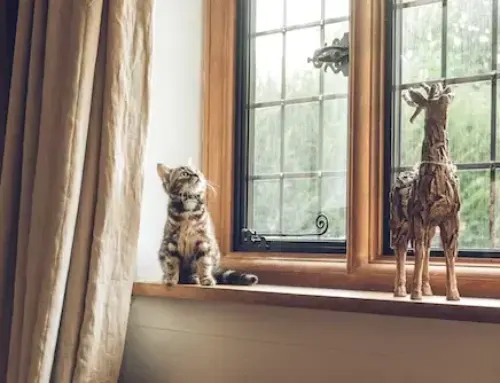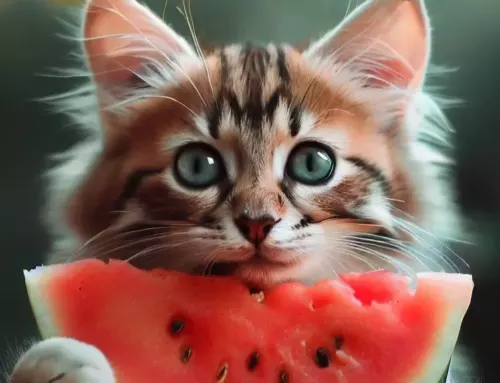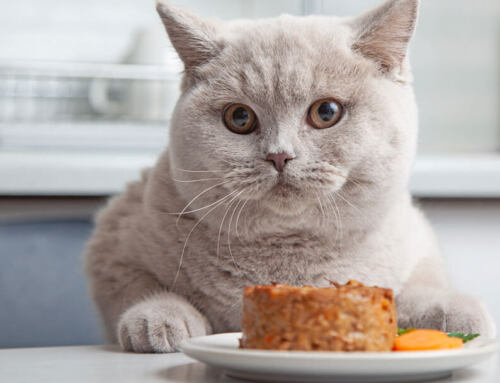Being predominantly carnivores, cats require a diet rich in meat to maintain good health. They may experience a surge of enthusiasm at the prospect of trying something brand new. Check the safety of any samples you give them to eat before handing them out. Vegetables and fruits are among the few human foods that are safe for cats to consume. Foods like this can really be beneficial to their health in various ways. These foods contain several vitamins that can support a healthy immune system and a glossy coat of fur.
While they may have picky food habits, cats are always interested in what you have for dinner. It bears mentioning that you should consult your vet before giving any of your food to your pet. If you have a cat and want to know what human foods it can eat, this article is for you.
List of Human Foods That are Safe Sources of Protein for Cats
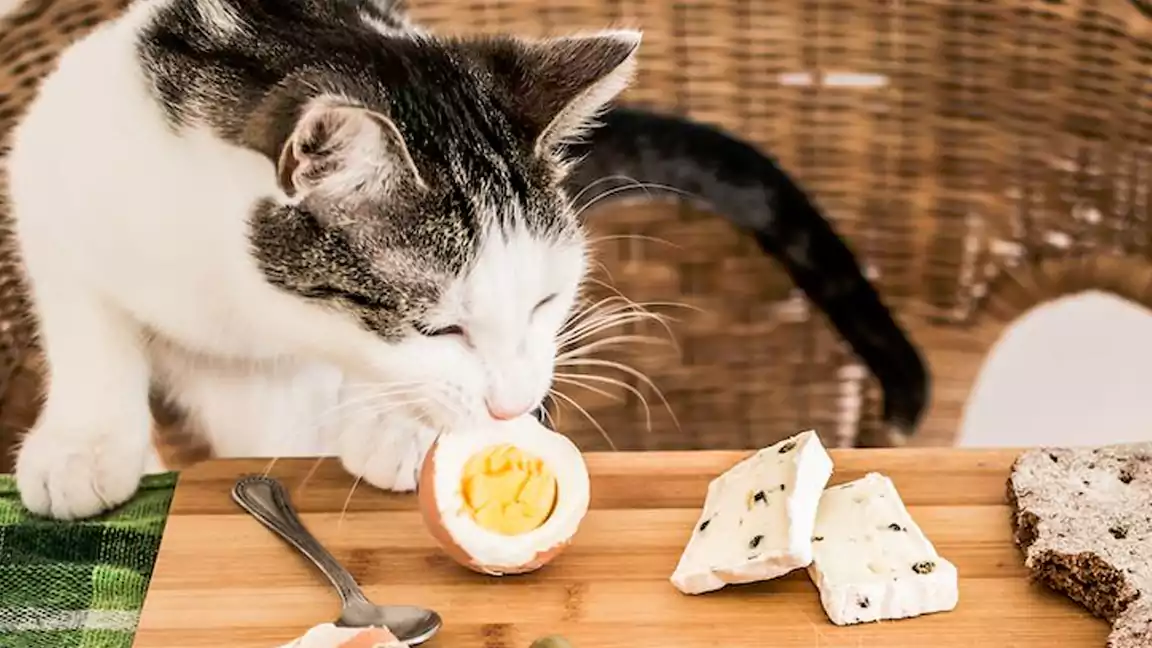
Proteins are Protein-rich human foods that are fine for cats to eat Cats, unlike cats, require a higher protein diet. The National Research Council suggests that felines consume 50 grams of protein per kilogram of body weight each day, which is twice as much as is suggested for canines.
Top Quality Cat Proteins
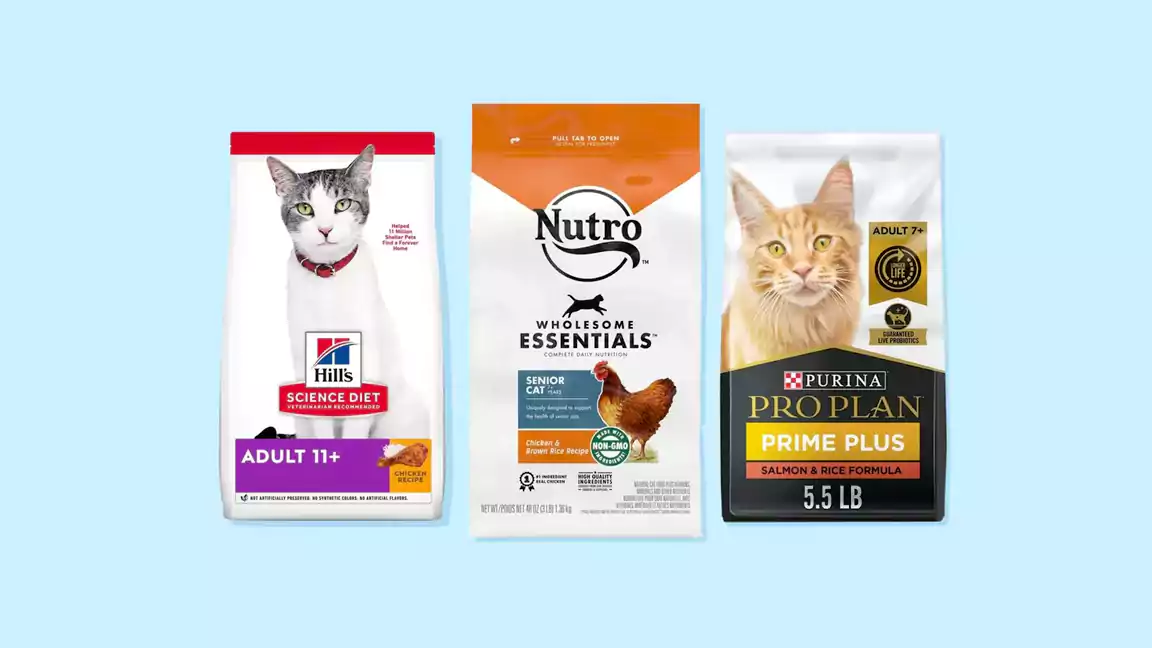
Cats can’t survive without regularly consuming meat. They need to consume animal flesh in order to meet their unique nutritional needs, which include the amino acid taurine, the fatty acid arachidonic acid, and certain vitamins. Eye disease, skin and coat difficulties, blood clotting abnormalities, immune system dysfunction, poor growth, weight loss, swollen gums, diarrhoea, and neurologic diseases are just some of the issues that might arise in cats who don’t get enough of these nutrients.
A high-protein, moderate-fat, and low-carbohydrate diet rich in animal-based ingredients is ideal for cats. While high-quality wet feeds are superior at mimicking this nutrient distribution, some kibbles do hold up to the competition.
Explanation of Why Protein is Important for Cats
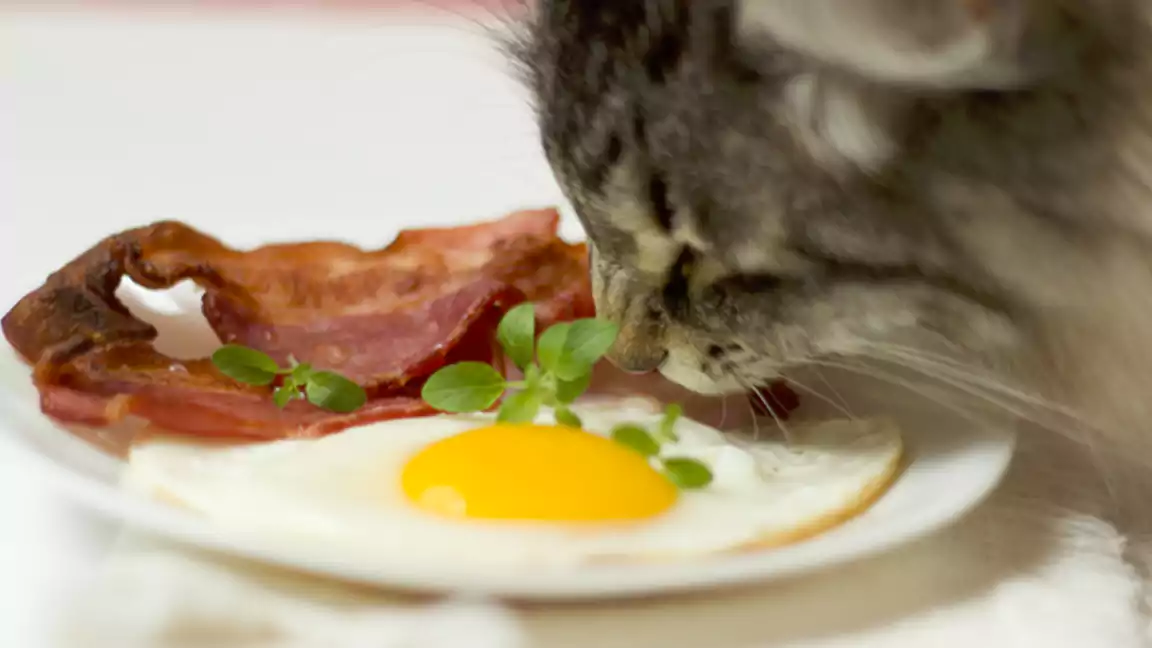
Meats, fish, and other animal products are excellent protein sources for felines. If you’re looking for protein-rich pet food, consider the following:
Many high-protein dry cat diets feature chicken as an excellent protein source for felines. Dry Cat Food Made with Chicken from American Journey’s Grain-Free Recipe Authentic, deboned chicken is the first component in our premium cat food, which accounts for 40% of the total protein content. This healthy eating plan includes a variety of antioxidant- and nutrient-dense foods like pumpkin and carrots.
Salmon
Salmon is an excellent protein source and a good source of healthy omega-3 fatty acids for cats. Tiki Cat Hanalei Luau Wild Salmon Canned Cat Food is made with wild-caught salmon, which is more nutritious than farmed salmon.
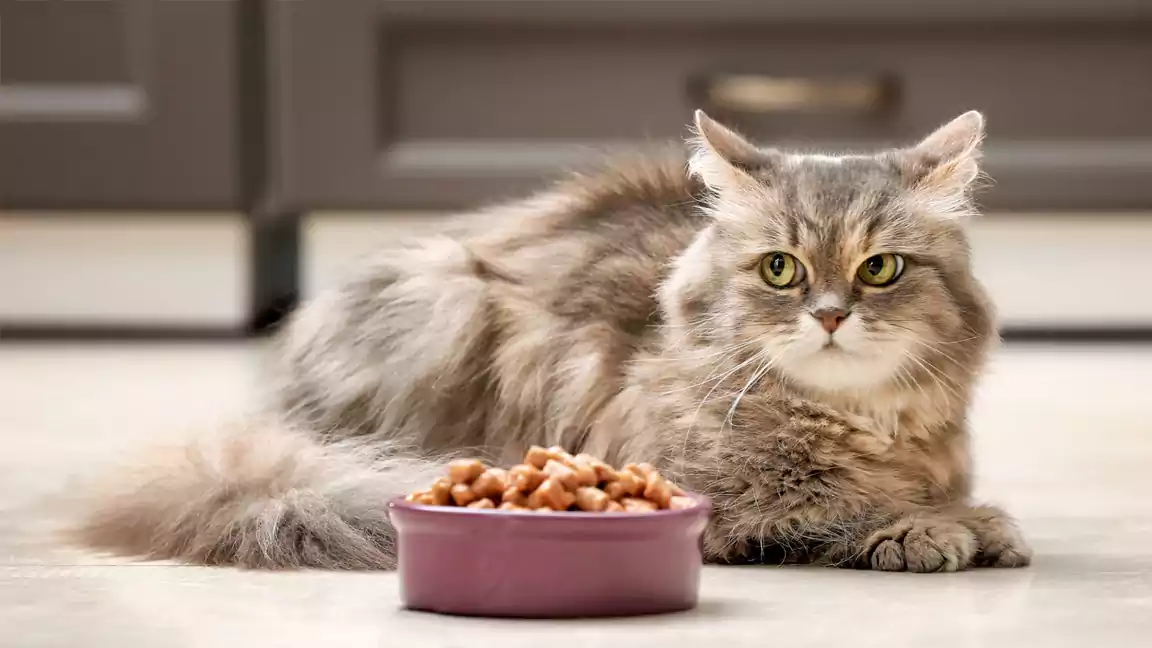
Beef
American Journey’s Protein & Grains is a beef-based cat food. The first component in the dry cat food’s Beef, Brown Rice & Vegetables Recipe is actual, deboned beef, which accounts for 25 percent of the food’s total protein content. This cat food is made without the use of any fillers, artificial colors, artificial flavors, or preservatives, and it also contains no wheat, corn, soy, or poultry by-product meals.
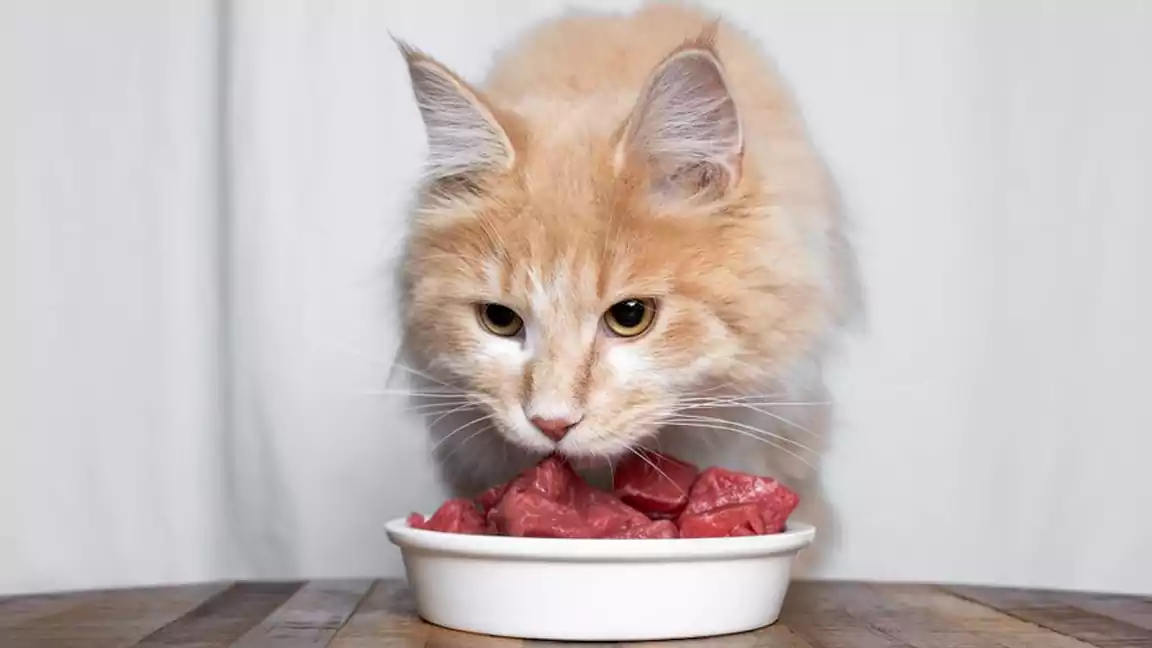
Mix
Cats that don’t have protein sensitivities can eat a diet that combines several types of animal protein. For example, Nulo Freestyle Beef & Lamb Recipe Grain-Free Canned Cat & Kitten Chow’s meats include beef, liver, turkey, whitefish, and lamb. Alternatively, salmon and tuna are the protein sources in American Journey’s Minced Salmon & Tuna Recipe in Gravy Grain-Free Canned Cat Food.
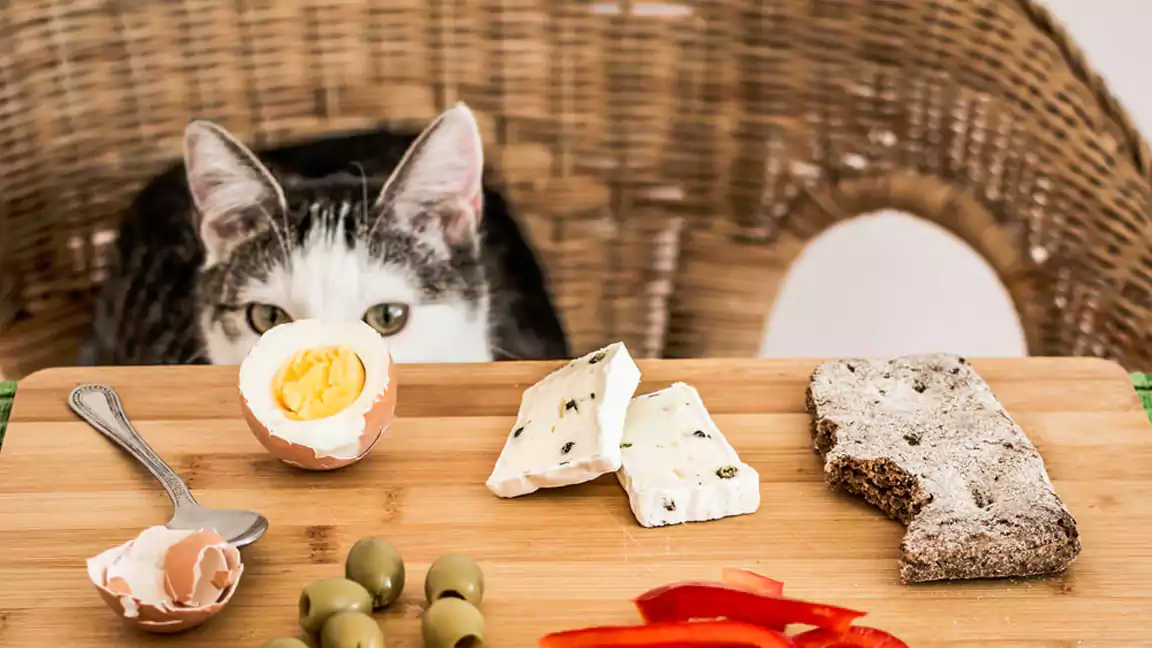
List of Human Foods That are Safe Sources of Vegetables for Cats
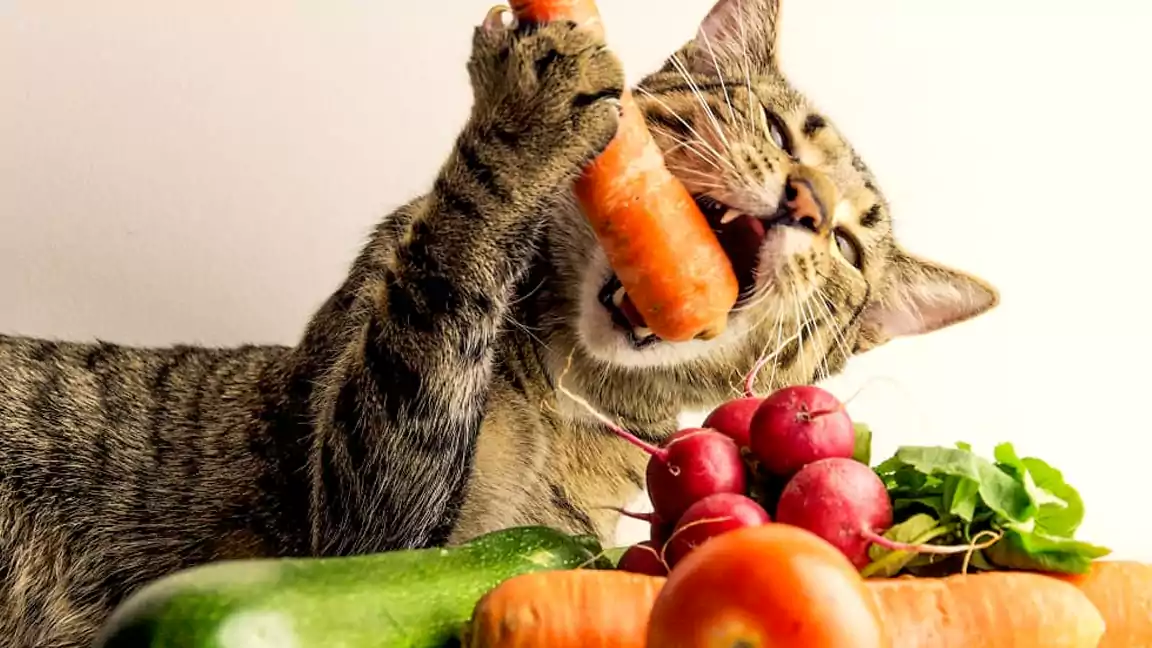
Careful cat owners understand that providing high-quality food is one of the most important things they can do to ensure their cats live long, healthy lives. Nevertheless, many cat owners do not know whether their cats may safely consume items other than commercially produced cat food. So, should you be feeding your cat vegetables? Find out if your cat can eat vegetables and if they are good for your cat’s health by reading on!
Keep in mind that cats require a meat-based diet for proper nutrition and should never be offered a vegetarian one. Being obligate carnivores, cats can only meet their protein requirements through the consumption of meat. Feeding your cat a meat-based diet will help them thrive. Before giving your cat a new diet, talk to your vet.
Explanation of Why Vegetables are Important for Cats
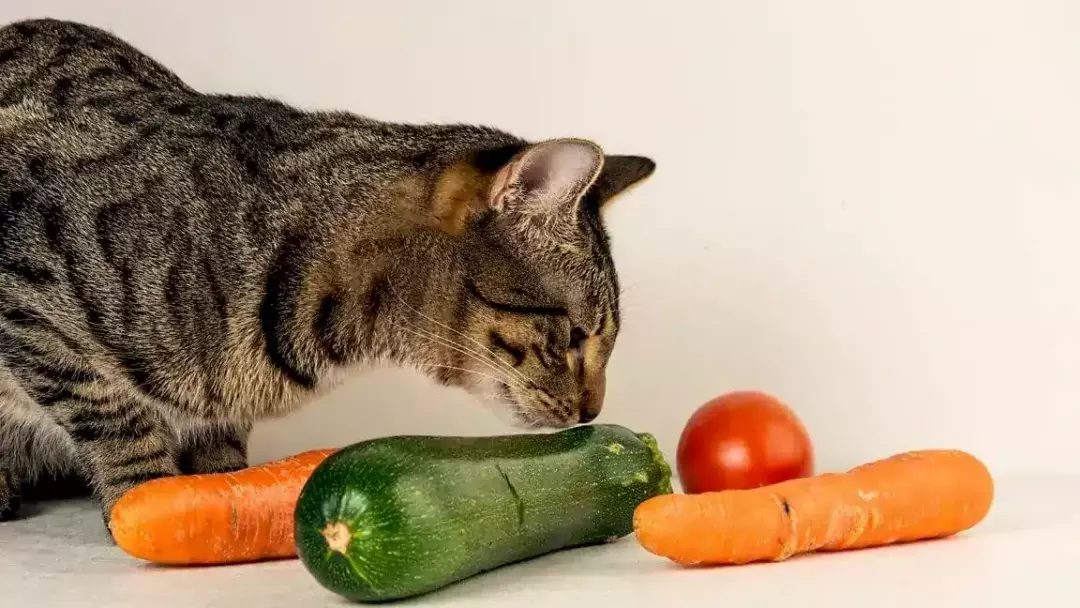
Vegetables are vital to a cat’s diet since they provide several nutrients that are lacking in meat alone. Even though cats are obligate carnivores who need a diet high in protein, including certain vegetables is beneficial to their health. Vegetables are an important source of several essential nutrients for cats. Vegetables are beneficial to cats because of the fibre they contain, which aids in digestion and keeps tummies regular. Vegetables are an excellent source of several essential nutrients, including vitamins A, C, and K, and minerals like fibre and water.
Beta-carotene and lycopene are two examples of antioxidants found in many vegetables; these compounds can help shield cats’ cells from harm and lower their susceptibility to developing chronic illnesses. Broccoli is a great addition to your cat’s diet because he or she will enjoy the flavor and it is also completely safe. Peas and green beans, among other green vegetables, are completely safe for your cat to eat and can play an important part in a balanced diet. When cooked, green beans, whether fresh or frozen, have numerous health benefits.
Spinach is beneficial for felines since it contains anti-inflammatory properties in addition to vitamins and minerals. Spinach is healthy, however, it should be given in moderation because of the calcium oxalate it contains. Little amounts are safe, but prolonged exposure might lead to major problems in your cat’s urinary system.
Can Cats Eat Oatmeal
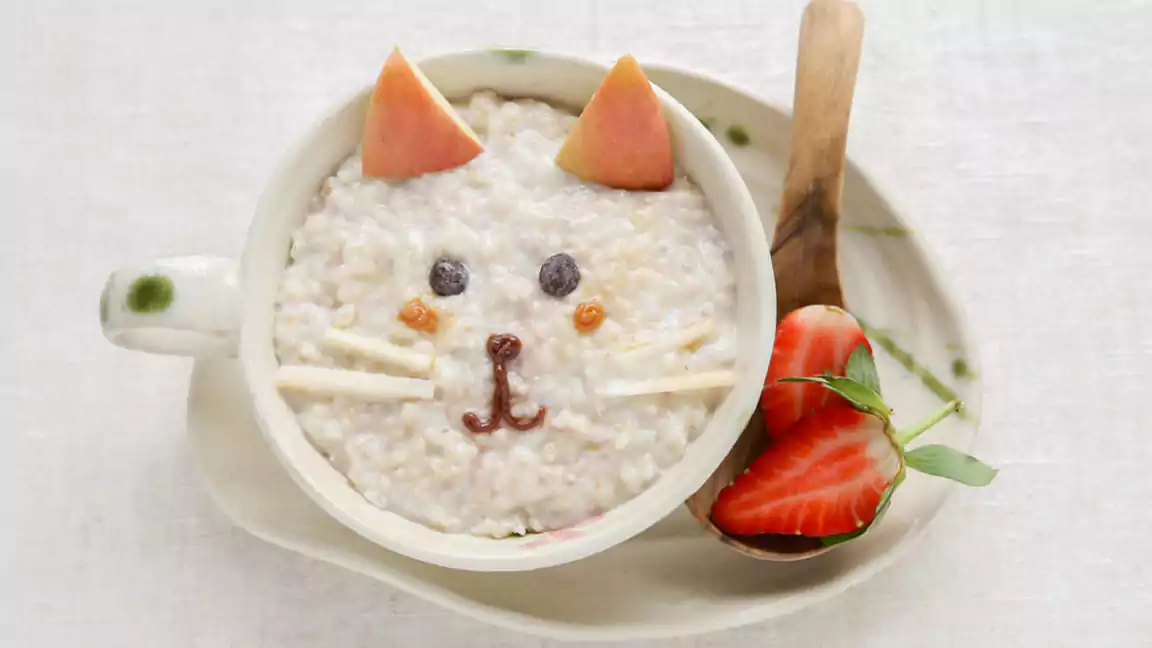
Oatmeal treats are healthy for cats in tiny doses. Avoid sugar, salt, and other ingredients that could hurt your cat. After giving your cat a few oats, watch for any unpleasant reactions. Some cats may be allergic to oatmeal or other grains.
Explanation of Why Fruits are Important for Cats
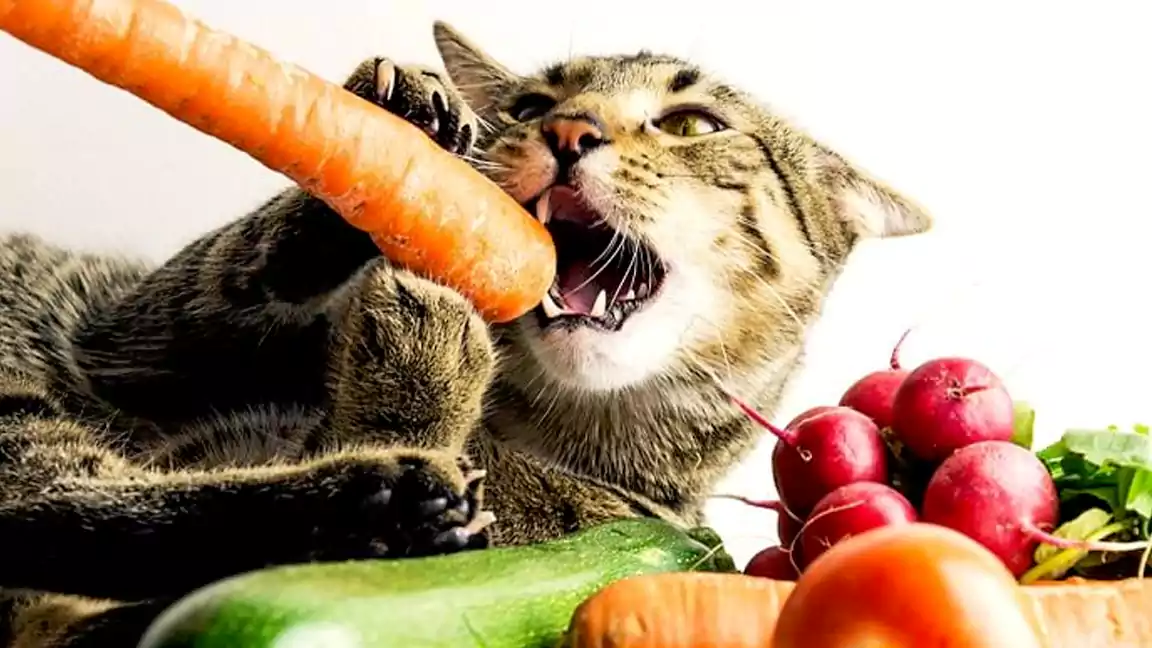
Can cats Eat Fruit
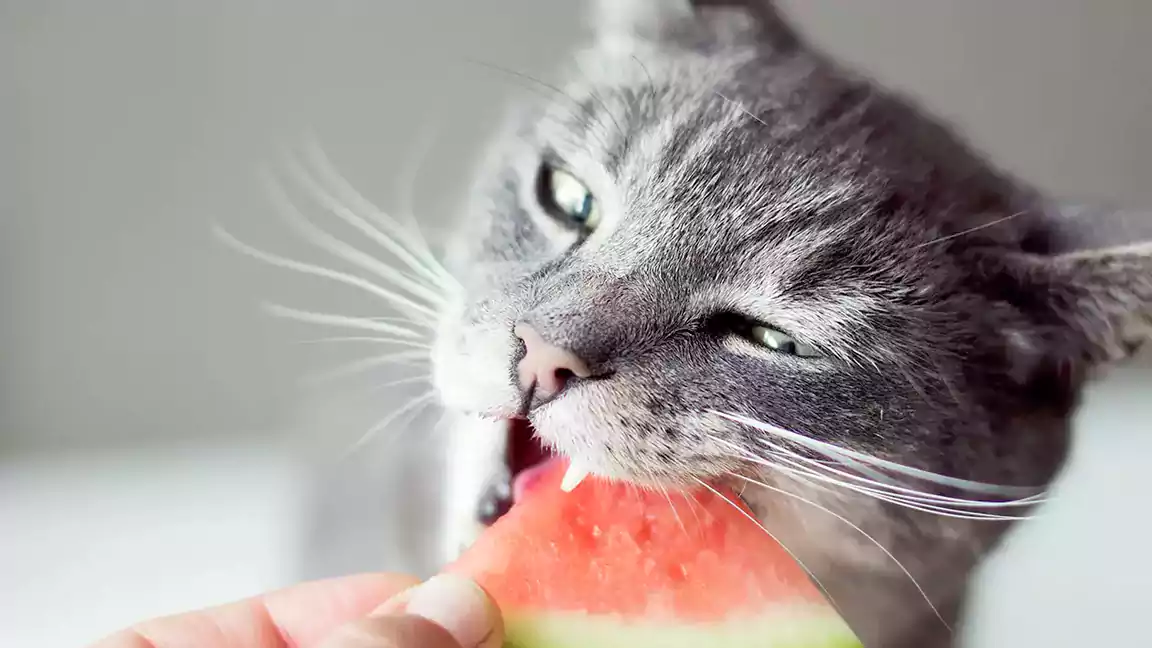
Obligate carnivores like cats devour meat. Blueberries, strawberries, and bananas provide vitamins and antioxidants cats can benefit from in tiny amounts. Cats don’t require carbohydrates, and too much fruit might cause diarrhoea. Avoid giving your cat hazardous foods like grapes and raisins and fruits with seeds like apples and pears that can choke or be difficult to digest. Before giving your cat any new food, including fruits, consult with your vet to be sure it’s safe and suitable
Cats can Eat Bananas
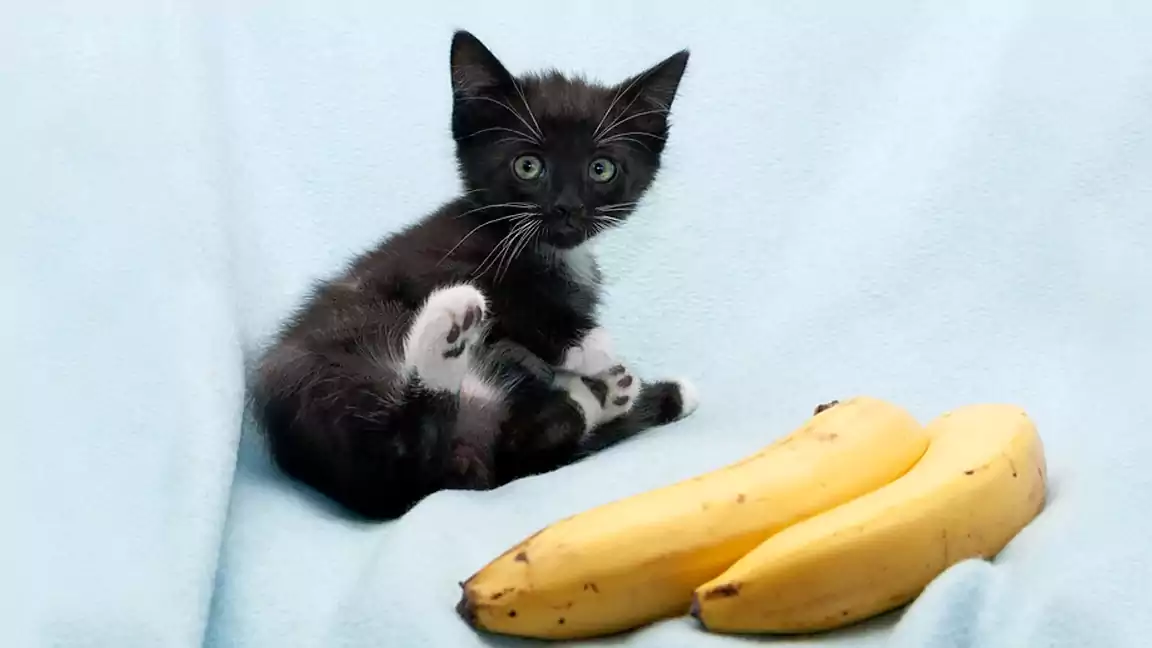
Cats can eat bananas in little amounts, but they don’t need to. . As most cats are carnivores, they may not like bananas. Bananas don’t benefit cats because they don’t need carbs. If you offer your cat a little banana as a treat, remove the peel and seeds because cats have trouble digesting them. Give them only a few bites of fruit because too much can cause diarrhoea. Before feeding your cat new food, consult your vet.
Cats can Eat Blueberries
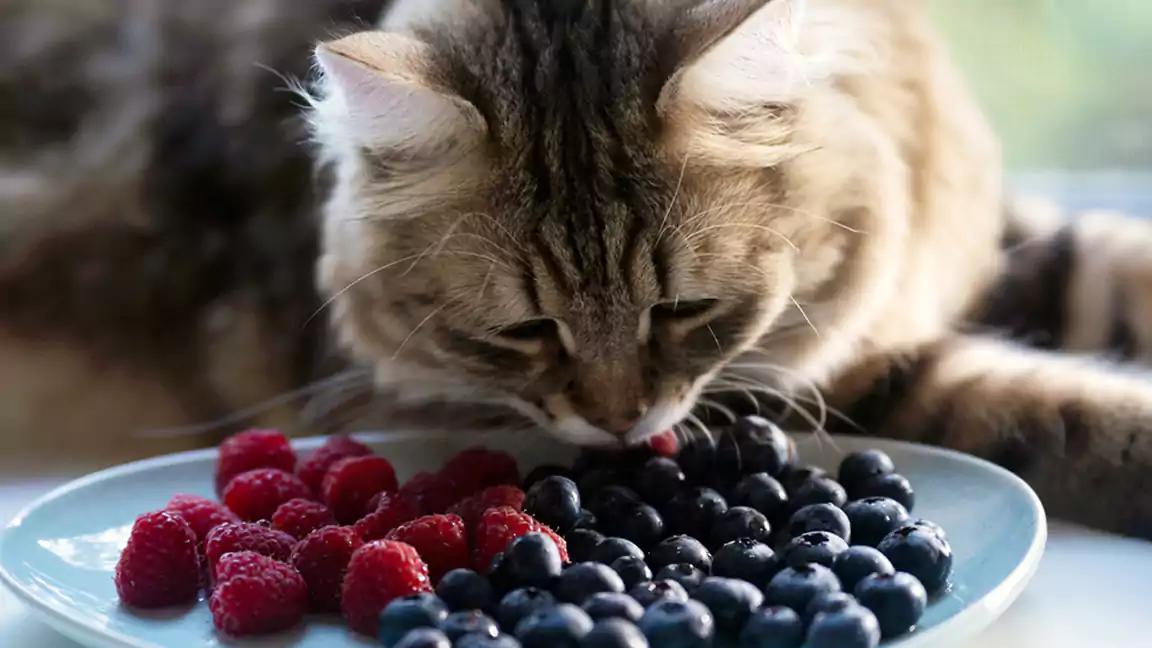
Blueberries’ protective effects on human cells and tissues are mirrored by their own antioxidant qualities. The antioxidant and anti-inflammatory properties of blueberries, together with their high fibre and vitamin C content, make them a desirable addition to your pet’s diet.
Cats can Eat Apple
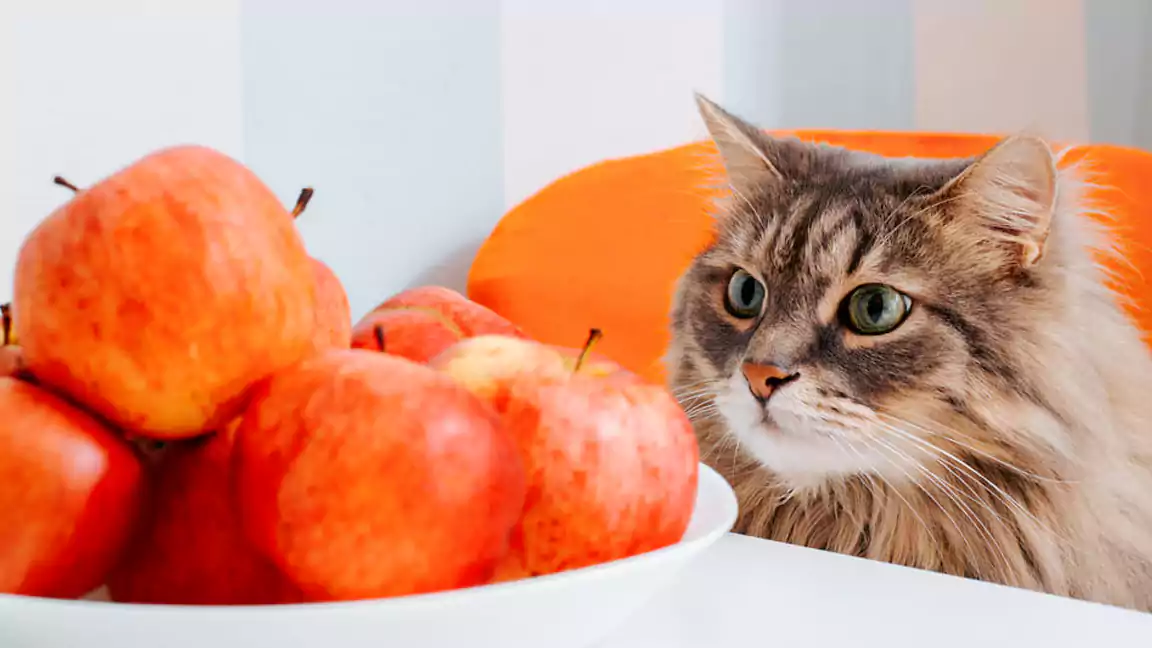
Apples, because to their high fibre content and low fat content, make a great snack for pets that are overweight or elderly and may have a slower metabolism. Its high vitamin A and vitamin C content is also beneficial to bone and tissue health. Remove the apple’s core and seeds before feeding it to your pet, as they contain cyanide and might be fatal.
Cats can Eat Apricot
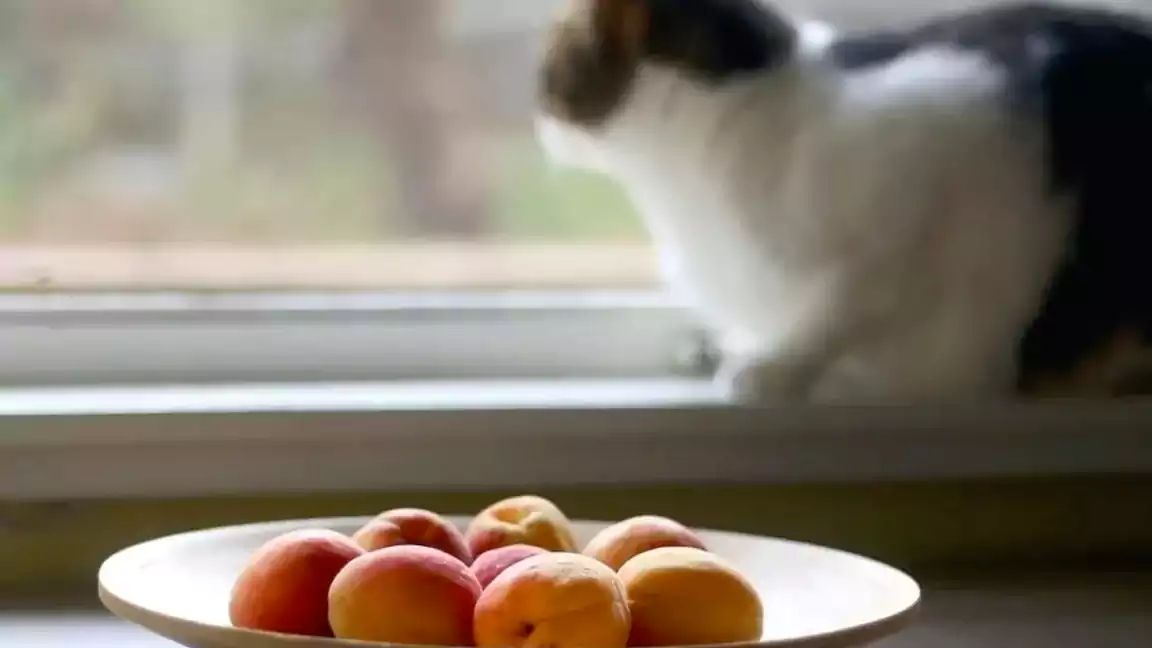
In particular, cats and cats can enjoy the juicy fruit of apricots. Potassium and beta-carotene, both found in abundance, have been linked to cancer prevention. Make sure your pet doesn’t ingest the toxic pit, stem, or leaves.
Cats can Eat Mango
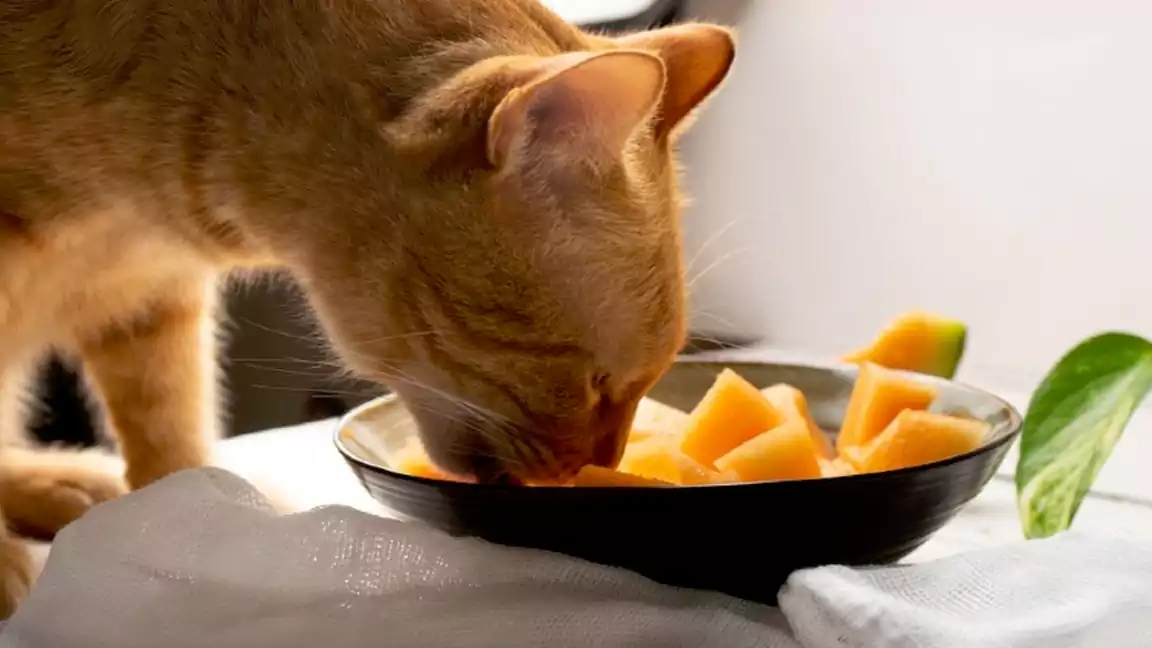
Mangoes are a healthy and tasty snack for both cats and cats. The firm, central pit of this fruit contains cyanide, thus it must be removed before eating. Mangoes can be difficult for pets to digest, but if you remove the skin and feed them in little pieces, they should have less trouble processing the fruit.
Can Cats Eat Watermelon
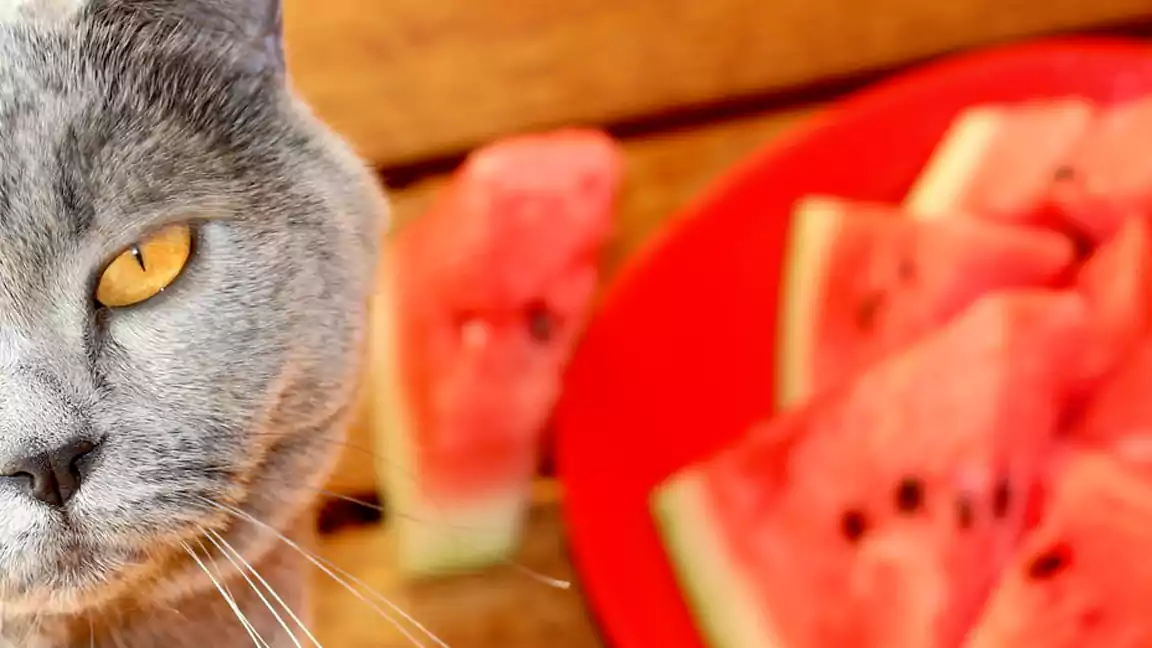
Cats can eat watermelon, but they may not like it or have trouble digesting it. Remove the seeds and rind and chop watermelon into little pieces to feed your cat. Introduce new foods to your cat slowly and watch for intestinal issues. Watermelon should not replace your cat’s diet, and you should always check your vet about their nutritional needs.
Can cats have watermelon? Cats can eat watermelon in tiny amounts, although it is not suggested. Cats can eat watermelon, but it’s not nutritious. Some cats may have trouble digesting watermelon, causing vomiting or diarrhoea. Give your cat watermelon in little slices without seeds or rind. Cats may have trouble digesting seeds and rind. Remember that watermelon is a treat and should not replace your cat’s diet
Why Fruits are Important for Cats
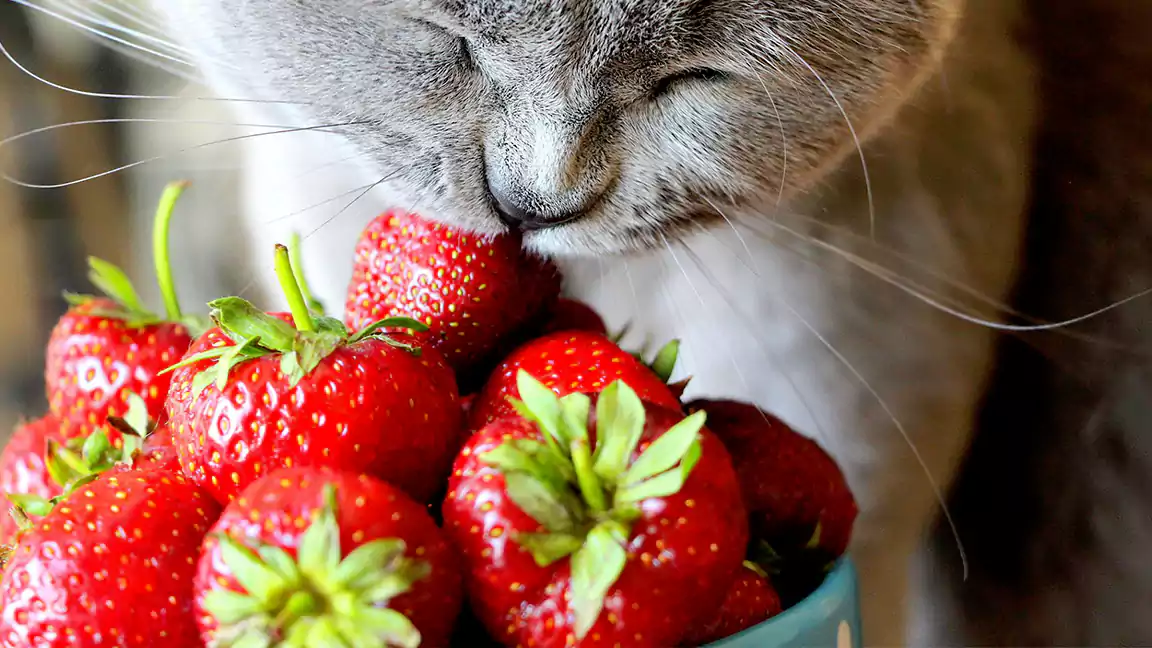
Human Foods That are Safe Sources of Grains for Cats
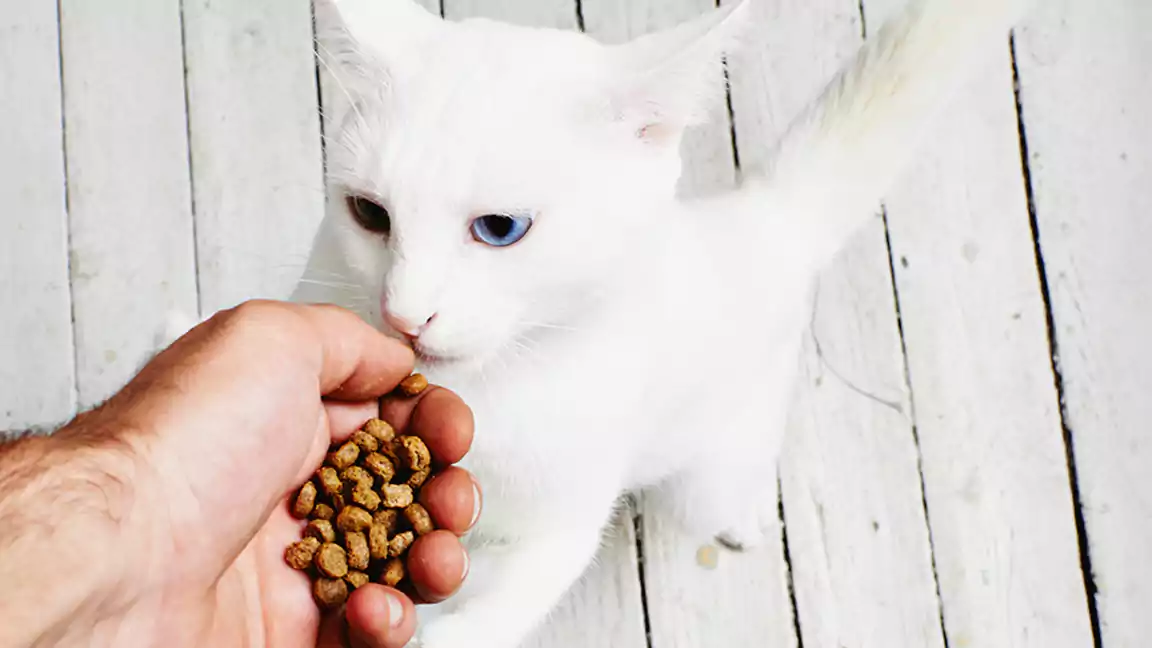
Feeding your cat oats that have been reconstituted with water is perfectly fine. Vitamin B6, iron, and calcium are just a few of the many minerals it contains. Oats assist with digestion and provide your cat with the calcium it needs for strong bones. Cats are obligate carnivores, therefore they don’t need to eat grains, and however, some cats might do better with a light grain diet. You should only feed your cat grains that have been specifically formulated for felines and do not contain any substances that could be hazardous.
The following are examples of grain-rich human foods that are perfectly fine for cats to eat: Brown rice, once cooked, is high in fibre and can be easily absorbed by a cat’s digestive system. Oatmeal, when prepared, is high in fibre and also contains other beneficial minerals including B vitamins and iron. Cats can safely get their grain needs met by eating tiny portions of ordinary whole grain bread. The grains in your cat’s diet should not be the main source of nutrients, but rather a supplement. Before introducing new foods into your cat’s diet, it’s advisable to get their approval from a vet or a veterinary nutritionist.
Why Grains are Important for Cats
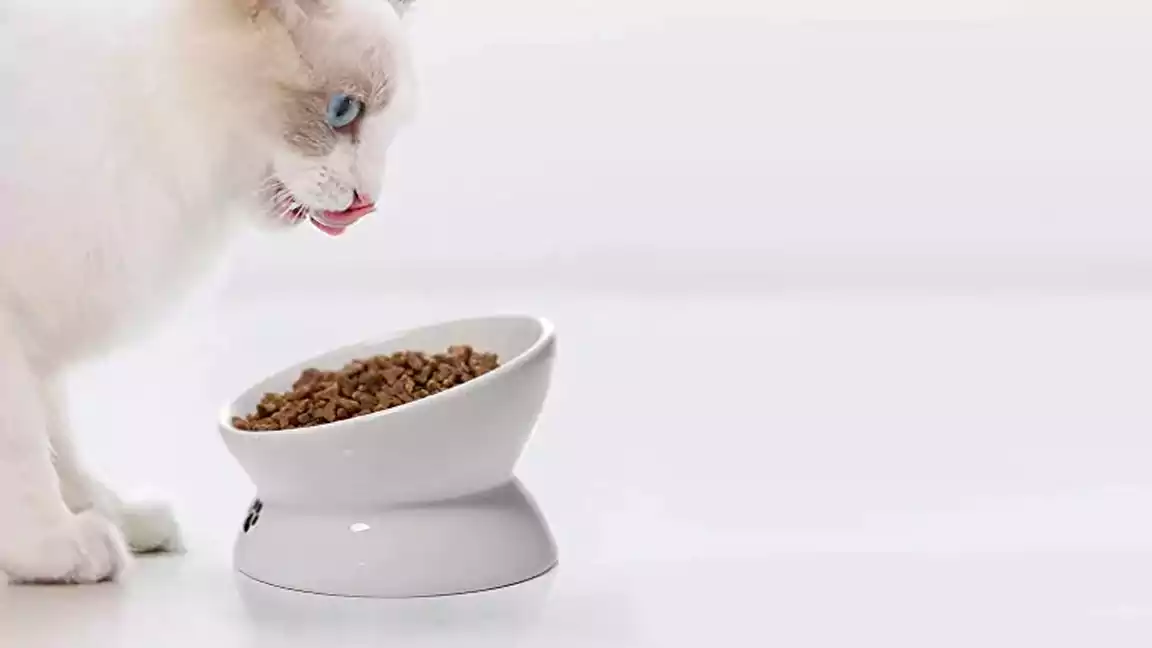
As cats are obligate carnivores, they do not require a diet high in plant-based carbohydrates because their bodies can get all the energy they need from meat and other animal products. But, cats can benefit from eating tiny amounts of some grains such cooked rice, oats, and barley. Brown rice and oats, among other whole grains, are excellent sources of the dietary fibre that the body needs to function properly. Feeding your cat a diet high in fibre can aid in digestion and help keep them from being constipated.
Grains are high in the carbs that cats need to keep going. Although though protein and fat are good sources of energy for cats, giving active or high-activity cats a moderate quantity of carbohydrates in the form of grains can be advantageous. Vitamins and minerals: Grains are a great source of essential vitamins and minerals for cats. Brown rice, for instance, has a lot of B vitamins and minerals like magnesium and selenium, and oats have iron and soluble fibre.
Human Foods That are Safe Sources of Dairy for Cats
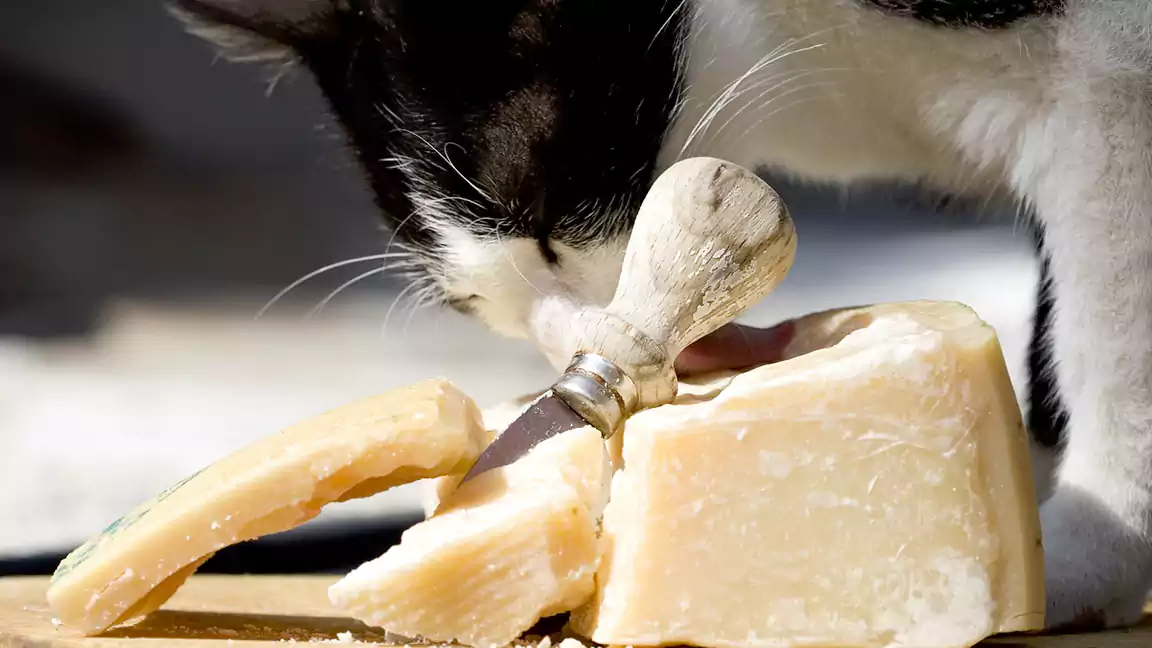
The notion that cats guzzle down gallons of milk and cream from large dishes is long held to be false. But this is a mistaken belief. Cats should only be given little amounts of dairy because it might cause digestive problems. Cheese has a powerful and alluring aroma that attracts cats. They’re intrigued. Cats should not consume soft cheeses. A few examples are Cheddar cheese, Gouda cheese, and Parmesan cheese.
Why Dairy is Important for Cats
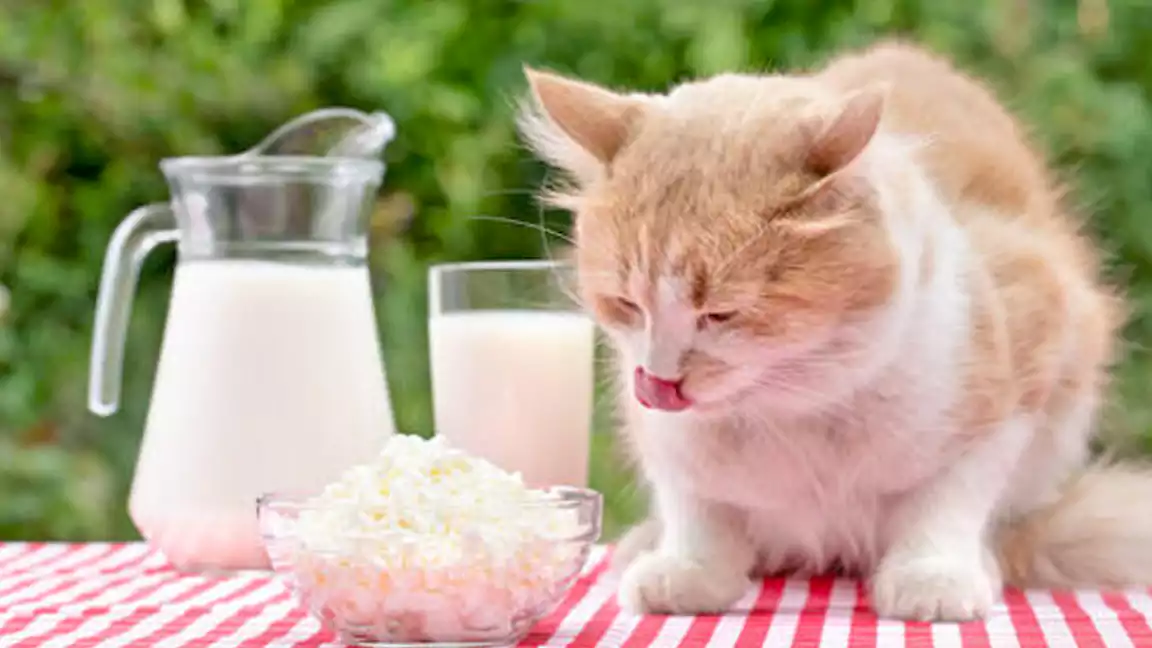
Despite the fact that cats are obligate carnivores and hence do not require any dairy in their diet, certain cats may benefit from consuming small amounts of dairy. Many of the following explain why: Dairy items like cheese and yoghurt are excellent sources of calcium, which is necessary for healthy cat bones and teeth.
Have in mind that some cats may have digestive issues if fed dairy. It’s been shown that many felines have trouble digesting lactose, the sugar contained in milk and other dairy products. Cats that are lactose intolerant may have stomach upset after consuming dairy products. However, dairy products are not a suitable replacement for a healthy, varied, and well-rounded diet.
It’s best to limit your cat’s consumption of dairy products to only special occasions and to pick low-fat, sugar-free varieties if you do decide to indulge. Cats may safely consume minimal amounts of dairy products like plain yoghurt and cottage cheese, as well as hard cheeses like cheddar and Parmesan. Although cats don’t need dairy products to survive, several types of dairy in moderation can be a healthy supplement to a cat’s diet. Always check with your vet before giving your cat anything new to eat, and that includes dairy products.
Conclusion
When it comes to diet, can cats consume the same things we can? Despite the fact that it is not healthy for cats, many people nevertheless feed it to them. Yet, there are a few things you should never give your cat. Cats can eat a wide variety of human foods, the safety of which will depend on how much they eat and the reaction you observe. Take your cat to the clinic right away if you suspect he or she has eaten something poisonous, so that they can start treatment right away. In order to keep their pets safe, pet owners should be aware of the ingredients in the foods they provide their pets.

